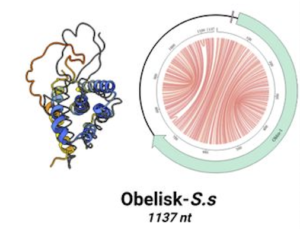Japanese Researchers Find Ampelopsis Vine Harbors Potential Hepatitis Therapy
Ampelopsis brevipedunculata aka Porcelainberry, a rapidly growing vine in the grape family, has become a bane of many American gardeners and landscapers, owing to its rapid and invasive growth. In Japan, it has been used as a medicinal for centuries. Recent research suggests the “grapes” from this plant can halt liver fibrosis and improve liver function in people with hepatitis.







